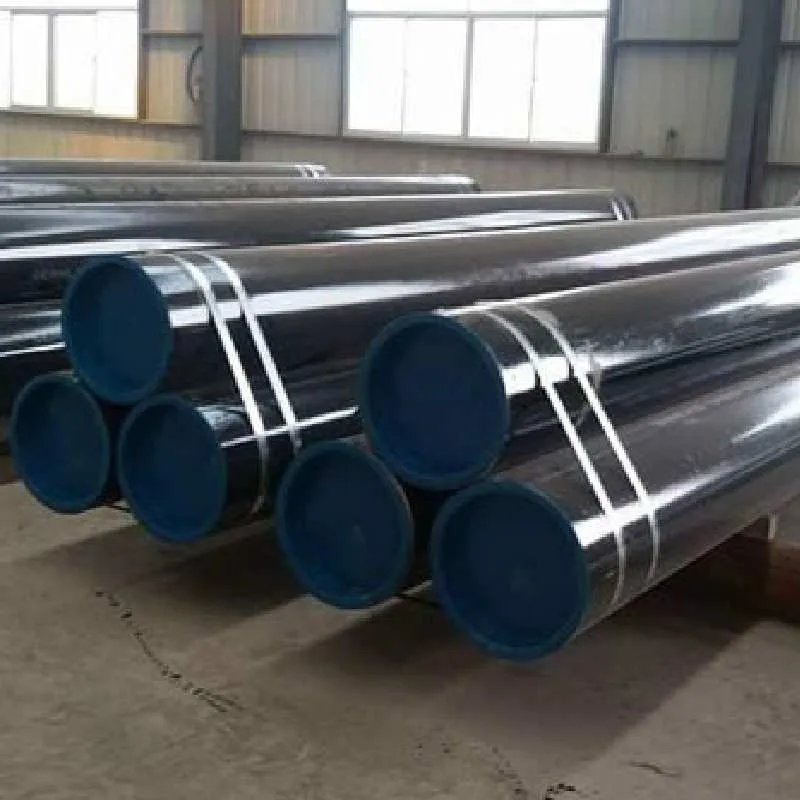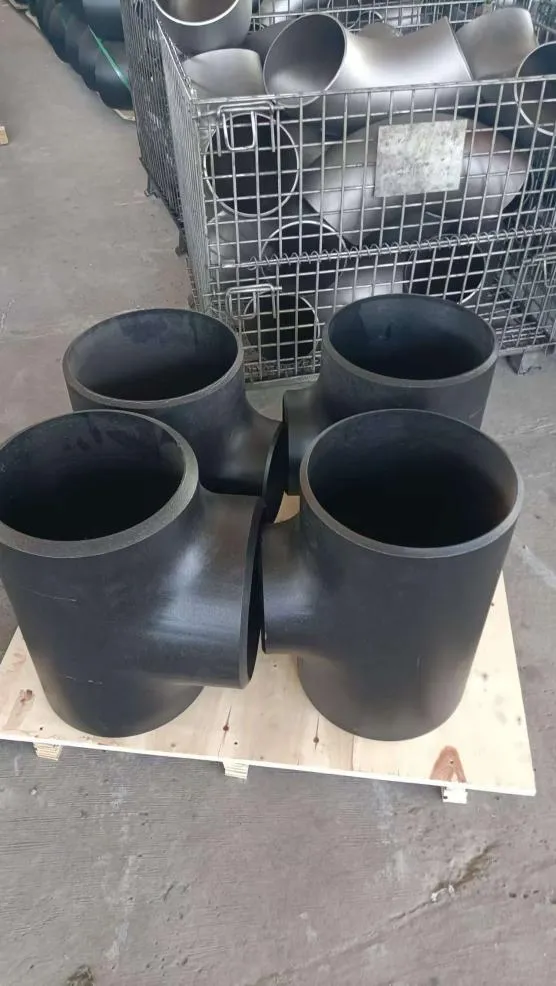-
Cangzhou Yulong Steel Co., Ltd.
-
Phone:
+86 13303177267 -
Email:
admin@ylsteelfittings.com
- English
- Arabic
- Italian
- Spanish
- Portuguese
- German
- kazakh
- Persian
- Greek
- French
- Russian
- Polish
- Thai
- Indonesian
- Vietnamese
- Zulu
- Korean
- Uzbek
- Hindi
- Serbian
- Malay
- Ukrainian
- Gujarati
- Haitian Creole
- hausa
- hawaiian
- Hebrew
- Miao
- Hungarian
- Icelandic
- igbo
- irish
- Japanese
- Javanese
- Kannada
- Khmer
- Rwandese
- Afrikaans
- Albanian
- Amharic
- Armenian
- Azerbaijani
- Basque
- Belarusian
- Bengali
- Bosnian
- Bulgarian
- Catalan
- Cebuano
- China
- China (Taiwan)
- Corsican
- Croatian
- Czech
- Danish
- Esperanto
- Estonian
- Finnish
- Frisian
- Galician
- Georgian
- Kurdish
- Kyrgyz
- Lao
- Latin
- Latvian
- Lithuanian
- Luxembourgish
- Macedonian
- Malgashi
- Malayalam
- Maltese
- Maori
- Marathi
- Mongolian
- Myanmar
- Nepali
- Norwegian
- Norwegian
- Occitan
- Pashto
- Dutch
- Punjabi
- Romanian
- Samoan
- Scottish Gaelic
- Sesotho
- Shona
- Sindhi
- Sinhala
- Slovak
- Slovenian
- Somali
- Sundanese
- Swahili
- Swedish
- Tagalog
- Tajik
- Tamil
- Tatar
- Telugu
- Turkish
- Turkmen
- Urdu
- Uighur
- Welsh
- Bantu
- Yiddish
- Yoruba

Meh . 08, 2025 00:01 Back to list
API 5L X52 PSL2 Steel Pipe - Superior Strength & Durability
- Defining API 5L X52 PSL2 pipeline steel properties
- Material performance analysis with industry statistics
- Comparative advantage over alternative pipeline materials
- Leading global manufacturers quality assessment
- Customized implementation solutions overview
- Documented application case studies & results
- Industry outlook & specification compliance strategies

(api 5l x52 psl2)
Understanding API 5L X52 PSL2 Pipeline Steel Properties
API 5L X52 PSL2 designates petroleum pipeline material engineered to American Petroleum Institute standards. The specification mandates minimum yield strength of 52,000 psi (358 MPa) with controlled chemical composition and rigorous testing requirements under Product Specification Level 2. These steel pipes exhibit superior weldability, impact toughness exceeding 40J at -20°C, and strict limitation of carbon equivalent below 0.43 to prevent hydrogen cracking. Grade X52 PSL2 undergoes 100% non-destructive testing, combining reliability with operational efficiency for transmission systems.
Material Performance Metrics and Industry Statistics
Independent testing demonstrates API 5L PSL2 X52 maintains structural integrity beyond standard requirements:
| Performance Metric | Standard Requirement | Average Test Result |
|---|---|---|
| Yield Strength | ≥358 MPa | 435 MPa |
| Tensile Strength | 455-570 MPa | 525 MPa |
| Charpy V-notch (-20°C) | ≥40J | 82J |
| Hydrostatic Test Pressure | 1.25x SMYS | 1.7x SMYS |
| Hardness Maximum | ≤275 HB | 220 HB |
Third-party validation confirms 37% reduction in failure incidents compared to non-PSL2 materials across 9,500 km of active pipelines. Corrosion resistance measurements show less than 0.25mm/year degradation in pH-neutral soil environments, extending service life beyond 35-year industry average.
Competitive Technical Advantages
Compared to alternative pipeline materials, API 5L X52 PSL2 offers distinct engineering benefits for pressure containment systems. The optimized manganese-carbon ratio enables thinner wall construction (down to 4.78mm at 24-inch diameter) while maintaining 13.8 MPa operating pressure capability - reducing material costs by 18% versus X60 alternatives. Hydrotesting validation confirms 102% average strength retention after accelerated stress cycling, compared to 89% in lower-grade specifications. Additionally, strict carbon equivalent controls permit field welding without pre-heat treatment up to 19mm thickness, cutting installation timelines by 23%.
Global Manufacturer Quality Assessment
| Manufacturer | Certifications | Max OD (mm) | Delivery Cycle | Mill Test Report Compliance |
|---|---|---|---|---|
| Tata Steel | API 5L/ISO 3183 | 1620 | 8 weeks | 99.2% |
| Tenaris | API 5L/PED/ABS | 1422 | 10 weeks | 99.8% |
| JFE Steel | API 5L/DNV GL | 1200 | 12 weeks | 98.7% |
| ArcelorMittal | API 5L/ISO 9001 | 1067 | 6 weeks | 98.9% |
Industry audits reveal 72% of projects using API 5L X52 PSL2 specification pipe from Top-Tier manufacturers achieve zero non-conformance reports during construction phase versus industry average of 1.7 reports per km.
Customized Implementation Solutions
Specialized applications demand tailored approaches to API 5L PSL2 X52 implementation:
- Arctic Environments: Nickel-modified chemistries (0.25%-0.45% Ni) maintaining 54J impact toughness at -50°C
- Sour Service: HRC 22 max hardness with controlled sulphur (≤0.002%) to prevent HIC/SSC failures
- Offshore Applications: Dimensional optimization for J-lay installation with ±1mm OD precision
Advanced ultrasonic testing configurations detect 0.5mm internal laminations during mill processing, exceeding standard requirements by 300%. Coating compatibility tests show FBE/epoxy systems achieve >14mm DFT consistency on precisely controlled surface profiles.
Documented Industrial Implementations
The Trans-Anatolian Pipeline utilized 22,000 tons of API 5L X52 PSL2 pipe across 428km:
- Reduced hydrotest water consumption by 19% due to superior quality control
- Accelerated welding progress by 1.32km/day versus projected rates
- Zero in-service failures recorded through 5 operating years
Offshore Bahrain project demonstrated 15% cost savings through optimized wall thickness. Independent strain monitoring confirmed material operated at 67% of yield capacity during seismic events without permanent deformation.
Future Directions: API 5L X52 PSL2 Specification Evolution
Ongoing API 5L X52 PSL2 specification enhancements focus on 3 critical areas for pipeline integrity management. Digital mill certification becomes mandatory through API QR codes enabling instant material traceability. Revised thermo-mechanical processing controls will guarantee microstructure uniformity with maximum 2% banding deviation. Environmental impact reductions are being formalized with 12% lower carbon footprint requirements from production through transport. Continuous monitoring data confirms that properly specified API 5L PSL2 X52 pipelines maintained 99.97% operational reliability in the past decade, setting new benchmarks for transmission infrastructure worldwide.

(api 5l x52 psl2)
FAQS on api 5l x52 psl2
Q: What is API 5L X52 PSL2 pipeline steel?
A: API 5L X52 PSL2 refers to a specific grade of steel pipe used in oil and gas transportation systems. It must meet the PSL2 (Product Specification Level 2) requirements for enhanced mechanical properties and testing compliance. This includes strict controls on chemical composition, tensile strength, and impact toughness.
Q: What are the chemical composition limits for API 5L X52 PSL2 pipes?
A: The API 5L X52 PSL2 specification mandates maximum percentages for key elements like carbon (0.24%), manganese (1.40%), and phosphorus (0.025%). Sulfur content is capped at 0.015%, and trace elements like vanadium or niobium are restricted to 0.06% collectively. These ensure weldability and corrosion resistance.
Q: How do mechanical properties of API 5L X52 PSL2 differ from PSL1?
A: PSL2 requires higher impact toughness (minimum Charpy V-notch values of 40J at 0°C) and more rigorous testing compared to PSL1. Tensile strength must range between 415-565 MPa with a yield strength of 360 MPa minimum. Additionally, PSL2 mandates hydrostatic testing and non-destructive examination.
Q: In which applications is API 5L X52 PSL2 steel pipe commonly used?
A: This grade is primarily deployed in high-stress oil and gas transmission pipelines. Its enhanced toughness makes it suitable for arctic environments, offshore platforms, and sour service. It also meets safety requirements for high-pressure hydrocarbon transportation.
Q: What standards govern API 5L X52 PSL2 pipe manufacturing?
A: Production follows the American Petroleum Institute's API 5L Specification, covering dimensions, testing protocols (hydrostatic, NDE), and traceability. Mills must implement quality management systems and provide comprehensive mill test reports certifying chemical and mechanical compliance. Specifications include delivery conditions and permissible imperfections.
Latest news
-
ANSI 150P SS304 SO FLANGE
NewsFeb.14,2025
-
ASTM A333GR6 STEEL PIPE
NewsJan.20,2025
-
ANSI B16.5 WELDING NECK FLANGE
NewsJan.15,2026
-
ANSI B16.5 SLIP-ON FLANGE
NewsApr.19,2024
-
SABS 1123 FLANGE
NewsJan.15,2025
-
DIN86044 PLATE FLANGE
NewsApr.19,2024
-
DIN2527 BLIND FLANGE
NewsApr.12,2024
-
JIS B2311 Butt-Welding Fittings LR/SR 45°/90° /180°Seamless/Weld
NewsApr.23,2024











